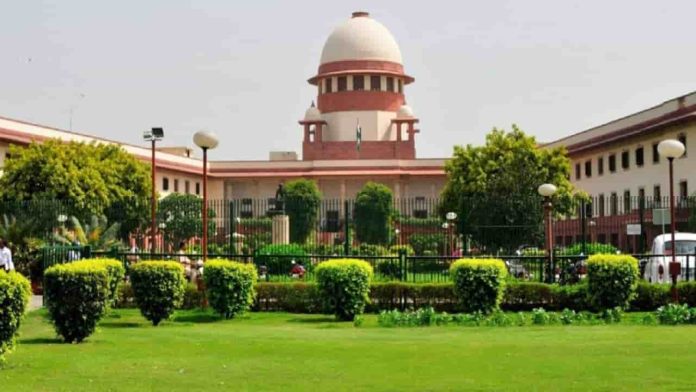The Supreme Court of India has been approached by the senior Maharashtra politician Sharad Pawar challenging the decision of the Election Commission of India (ECI) for recognizing the faction led by his nephew Ajit Pawar as the real Nationalist Congress Party (NCP).
The Election Commission of India on February 6 allowed the application filed by the Ajit Pawar faction, recognising it as the official Nationalist Congress Party.
The Commission further ruled that the Ajit Pawar faction would be entitled to use the “clock” symbol, the reserved symbol for NCP.
The Ajit Pawar faction had filed the plea under the Election Symbols (Reservation and Allotment) Order 1968, seeking to use the official symbol of NCP.
Using the test of “legislative majority,” the Commission noted that the Ajit Pawar faction has the majority of legislators (51/81). It said the other tests – the test of “aim and objectives” and the test of “organisational majority”- were not conclusive in the case and hence, the test of legislative majority was used.
Keeping in view the upcoming Rajya Sabha elections for six seats from Maharashtra, the ECI allowed the Sharad Pawar faction to claim a new name for its political formation for the purposes of the Rajya Sabha polls. It noted that if the Sharad Pawar faction failed to intimate the preferred three names by 4:00 pm of February 7, the MLAs claiming allegiance to Sharad Pawar will be treated as independent MLAs.
In its order, the poll authority stated that total number of NCP MLAs in Maharashtra State assembly were 81, of which Ajit Pawar submitted affidavits of 57 MLAs in his support while Sharad Pawar had only 28 affidavits.
The Election commission had concluded that the group led by Ajit Pawar enjoyed majority support of the legislators and can lay claim to being NCP.
The ECI had rejected the application of test of majority in the organisational wing of the party as the details of the organisational structure of the party, its members and their elections appeared to be without any foundational basis.
This has now been challenged before the apex court.


